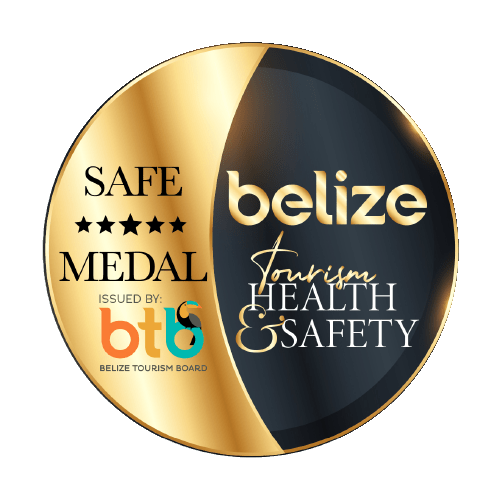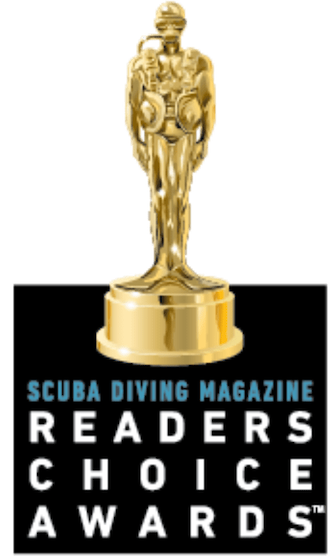
Rules & Best Practices
House Rules
Around the Resort
- Blackbird Caye Resort is located in the Turneffe Atoll Marine Reserve, within a Unesco World Heritage Site. We have a very strict no-smoking policy. However, e-cigarettes are permitted.
Kayaking and Paddleboarding
- All guests must sign a Release of Liability and Terms & Conditions form before renting equipment. Kayaks and paddleboards must be returned undamaged.
- Wear a life vest at all times.
- For your safety, unsupervised snorkeling off of a kayak is not allowed.
- American saltwater crocodiles live in the lagoon behind the resort. Exercise caution and be alert.
- Be careful: Inexperienced snorkelers can damage coral without realizing.
- Stay calm: Sudden changes in the ocean’s depth can cause snorkelers to panic.
- Treat our gear as if it were your own.
- Turneffe Atoll is roughly 30 miles long and 10 miles wide. It’s the largest in Belize, and those who don’t know how to navigate it run the risk of putting themselves in danger.
- Be mindful of the currents around the resort — you can get a workout and a tan without risking your safety.
- Wear a life vest at all times.
- Know your weather — a divemaster can brief you on the day’s forecast.
- Use the buddy system. It’s safer — and more fun.
- Wear sunscreen and hydrate.
Snorkeling
- Do not sit or stand on coral, and don’t break a piece off. This causes lesions, which other organisms can inhabit. Ultimately, it could kill the whole coral.
- Avoid full leg kicks; they’re more likely to damage coral. Bend your knees, keep your fins high above the reef, and kick from the lower leg.
- If you kick something on the reef, don’t panic. Stop, relax your legs, and see what you’ve hit; if necessary, draw your legs up to your body and scull with your hands until you’ve gained enough clearance.
- If you plan on bringing a camera, take extra care. Dangling cameras can chip coral as you swim across the reef.
Diving
- Get certified by an internationally-recognized agency.
- Be kind to your body: Make sure you’re in good physical and mental health, take the day off if you’re feeling unwell, and avoid diving while under the influence of alcohol or drugs.
- Never dive alone.
- Know your limits and those of your dive buddy.
- Check your equipment prior to each dive.
- Study your dive. Know your site, or swim with someone who does.
- Don’t dive in poor conditions, or in conditions you aren’t familiar with.
- Follow your dive master’s instructions, and alert them in case of an emergency.
- Be prepared for an emergency: In case one arises, stop and think, control yourself, then take action.
- To make your dive easy and lessen your impact on the environment, control your buoyancy.
- Descend and ascend slowly, on any and all dives. On your way back to the surface, take a 2-3 minute safety stop between 10-20 feet.
- Never hold your breath while underwater.
- Equalize your ears regularly throughout your dive.
- Know your dive tables and decompression and emergency procedures. Do not exceed the no-decompression limit of your tables. Avoid repetitive deep diving; if diving multiple times in a single day, do your deepest dive first.
- Respect the environment, and understand your impact on marine life. Do not touch corals.






